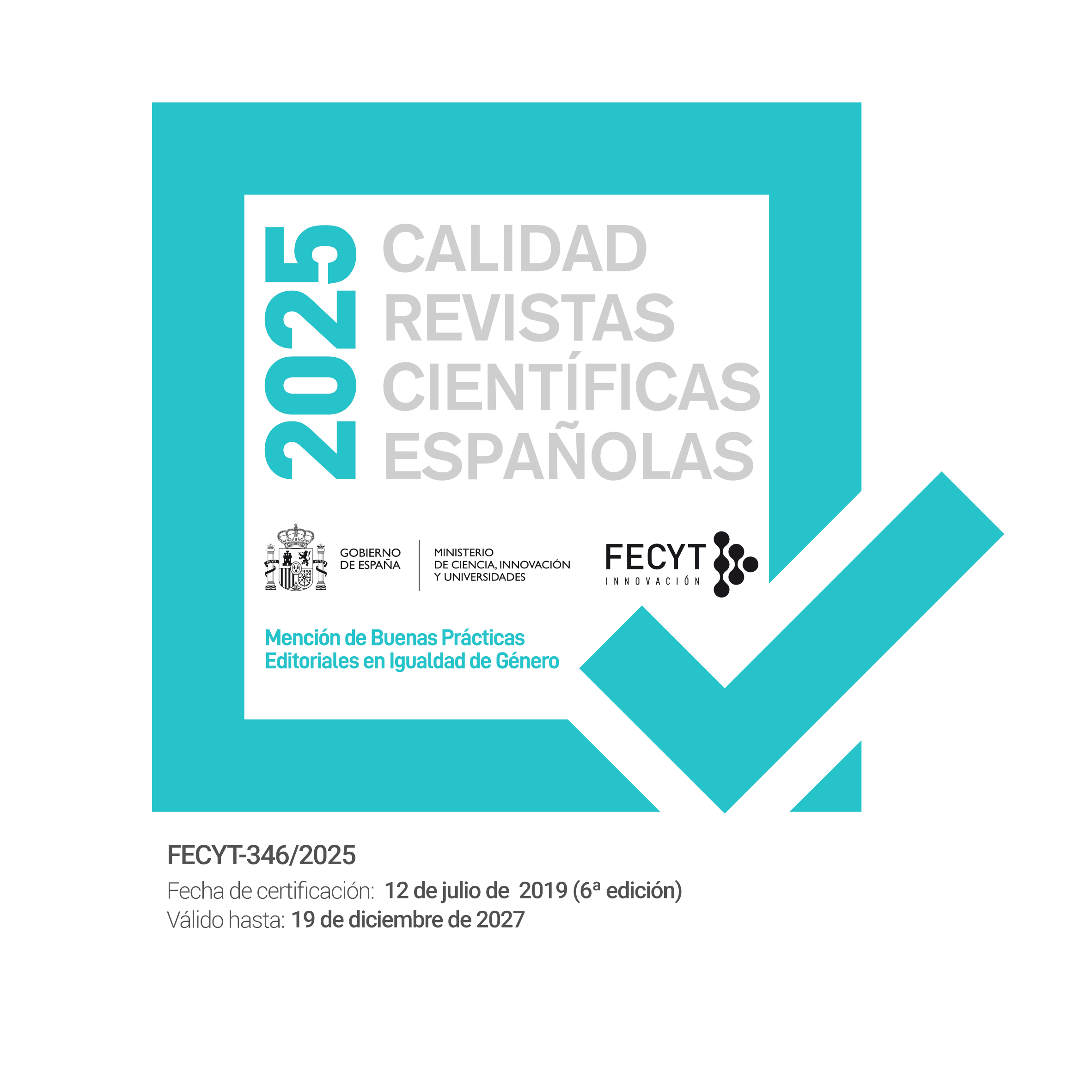Las nuevas relaciones laborales de bienestar y salud en el trabajo: la gerencialización del cuerpo en el caso del Reino Unido
Palabras clave:
salud laboral, estrés, sindicatos, conflicto, empresaResumen
La ampliación de programas y políticas en cuestiones de salud mental y estrés laboral se ha visto impulsada por una paulatina toma de conciencia sobre su creciente presencia en el lugar de trabajo, lo que se debe, en parte, a la concienciación de los trabajadores y los expertos críticos sobre el actual aumento en la intensificación del trabajo, así como también del acoso y la violencia en el mismo. En términos generales, las tensiones en relación con la salud y la seguridad están ganando repercusión y, por lo tanto, reflejan una ampliación (y una lucha por) de los derechos involucrados. Estos derechos han venido evolucionando recientemente a medida que las cuestiones de las condiciones de trabajo se deterioran debido a la demanda de nuevas formas de cambio organizativo y de financiación.
Palabras clave: salud laboral, estrés, sindicatos, conflicto, empresa.
Descargas
Descargas
Publicado
Cómo citar
Número
Sección
Licencia
Derechos de autor 2021 Encrucijadas. Revista Crítica de Ciencias Sociales

Esta obra está bajo una licencia internacional Creative Commons Atribución-NoComercial-SinDerivadas 4.0.
Los autores/as conservan los derechos de autor y ceden a la revista el derecho de la primera publicación, con el trabajo registrado con la licencia de atribución de Creative Commons Reconocimiento-NoComercial (CC-BY 4.0), que permite a terceros utilizar lo publicado siempre que mencionen la autoría del trabajo y a la primera publicación en esta revista. Encrucijadas permite y se anima a todas las personas autoras a depositar la versión final publicada en repositorios institucionales o temáticos de acceso abierto, cumpliendo en caso necesario los términos establecidos por la entidad financiadora de la investigación.





